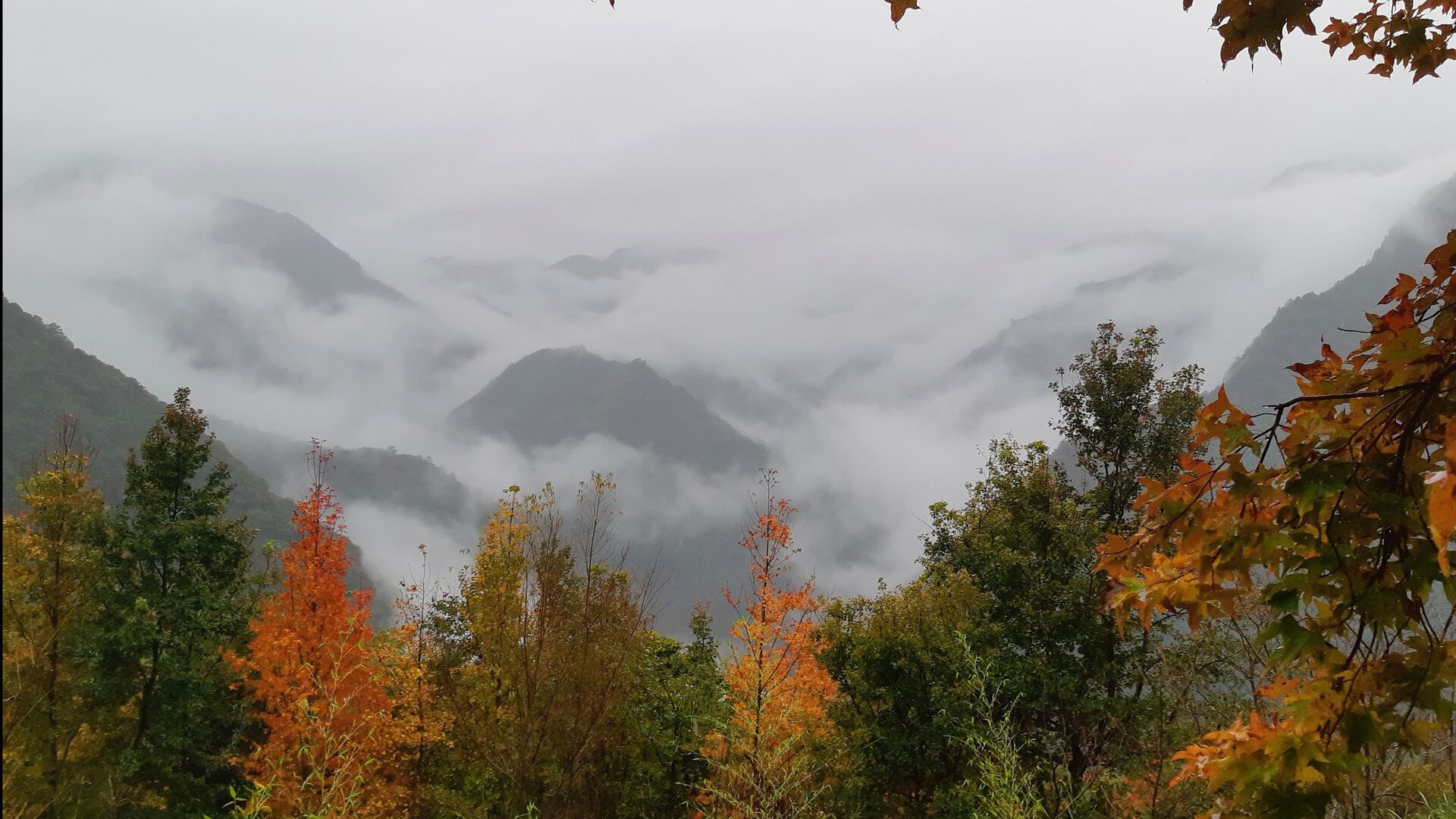Nature conservation, as a modernized and international concept, has been brought into Taiwan’s society in late 1970s. Since then, the concept has been institutionalized into regulations and government agencies such as EPA(environmental protection agencies), national parks and wildlife conservation law etc.. These measures by the state had been assumed by the government as progressive and attempts to catch up with international trends. However, it has cast an enormous impact to the indigenous peoples’ daily life, like the prohibition of their hunting activities. More seriously, it has neglected the hunting and gathering culture of indigenous peoples that might not contradict with the spirit of nature conservation. This talk will be divided into four parts: 1. A short history of indigenous peoples in Taiwan; 2. The events of the conflicts between the state and indigenous peoples in terms of their values and attitudes about nature; 3. the conflict resolution in terms of Taiwan’s social change related to democratic movement; 4. How the indigenous peoples’ ecological knowledge is recognized and institutionalized in the state’s governance. This talk will conclude with a glocalization viewpoint of nature in the social context of Taiwan and its critique.
About the lecturer
Yih-Ren Lin is a Taiwanese scholar of ecological humanities and an environmental activist for indigenous peoples’ natural resources rights. He is now the professor of the Graduate Institute of Museum Studies, Taipei National University of the Arts. Professor Yih-Ren Lin gained his “nature conservation” master degree in the Department of Biology, UCL. He finished the PhD at the Department of Geography, UCL at 1999 and the thesis titled “The Environmental Beliefs and Practices of Taiwanese Buddhists”. By employing participatory action research methodology, he has worked with Taiwan’s indigenous peoples on the issues of co-management of natural resources, land rights, traditional territory, participatory mapping, eco-spirituality, climate justice and traditional ecological knowledge. He has written professional papers and popular critique articles extensively and interdisciplinary. Currently, he is engaging with the discourse and practices of eco-museum and issues related to natural heritage and indigenous artifacts repatriation.
Yih-Ren Lin is a Taiwanese scholar of ecological humanities and an environmental activist for indigenous peoples’ natural resources rights. He is now the professor of the Graduate Institute of Museum Studies, Taipei National University of the Arts. Professor Yih-Ren Lin gained his “nature conservation” master degree in the Department of Biology, UCL. He finished the PhD at the Department of Geography, UCL at 1999 and the thesis titled “The Environmental Beliefs and Practices of Taiwanese Buddhists”. By employing participatory action research methodology, he has worked with Taiwan’s indigenous peoples on the issues of co-management of natural resources, land rights, traditional territory, participatory mapping, eco-spirituality, climate justice and traditional ecological knowledge. He has written professional papers and popular critique articles extensively and interdisciplinary. Currently, he is engaging with the discourse and practices of eco-museum and issues related to natural heritage and indigenous artifacts repatriation.
The Taiwan Matters lecture series has been funded by the Ministry of Education of Taiwan (ROC) through the Taipei Mission in Stockholm, Sweden.
